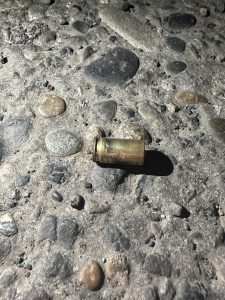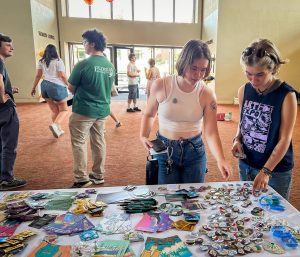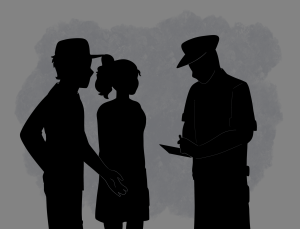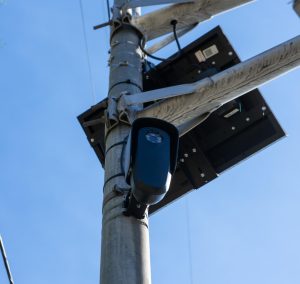OP-ED: Whitman doesn’t need a queer affinity group that includes white people
April 21, 2022
During the first half of the spring 2022 semester, I was the secretary of Whitman’s now-defunct LGBTQIA+ affinity group, PRISM. I was sending out the emails for this organization, attempting to “fix” it from the inside. My failure culminated in the realization that the club was unfixable.
PRISM was one of the largest student-run organizations on campus, and much like Whitman, it was primarily white. The club pushed away queer BIPOC students when white voices drowned them out. The mostly-white leadership team made racist decisions out of ignorance, stubbornness and spite.
The root of the issue is that the white and BIPOC queer experiences are different. When an affinity group unites people of a single shared identity, the conversation will be dominated by the experience more voices are claiming.
I’m white and I don’t live any of the experiences of queer BIPOC students. What I can attest to is how easy it is to be queer while white at Whitman.
I wasn’t out as trans before coming here, but it took one semester for me to come out to the school. I spent over a semester out before joining PRISM and I was content.
This campus is very queer. Many students are out or in queer relationships. While it can be difficult to date on this campus, I have never felt unsafe, unaccepted or untrusted because of my queer identity. I’m not saying this campus is free of problems, I still get misgendered by strangers, but I feel accepted.
PRISM was a good place to meet queer people. The first meetings in Fall 2021 garnered an abundance of first-years, but the numbers dwindled. By December, our attendance had halved, and at the beginning of the second semester, we could count members on one hand.
People used PRISM as a mixer. They came for the free pizza and to establish a queer friend group when they were new students. Most weren’t engaged with club programs and we barely touched our budget.
Much of the queer community was unaffiliated with the group. I’m friends with many queer people who stayed away from the club for several reasons, all of which I’ve felt: its exclusionary nature and reputation, problematic members, and distrust in or dislike for affinity groups.
There are queer affinity groups on this campus that aren’t PRISM. Queer Trans Students of Color (QTSOC) is one. QTSOC often hosts events that all queer-identifying students are welcome to, but keeps their meetings private to their members. This allows it to be a safe space for queer BIPOC students to speak about their experiences without the cacophony of white voices shouting over them, but it still allows the community to establish bonds with one another. A great example of this was QTSOC’s Valentine’s Day Speed Dating event, a mixer that BIPOC students felt safe at and white students were welcome to attend, many of whom were first years.
Another affinity group is the new Trans Students of Whitman (TSOW). This group is for trans students regardless of race, but is mostly white. I spoke to the group’s organizer and they told me that while TSOW runs into the same problems as PRISM, they are open to anonymous feedback to help people feel safe and heard, as well as educating their white members on the differences between the trans BIPOC and white experiences.
White-dominated queer clubs drown out BIPOC voices, and white people don’t need a safe space at Whitman. Our campus has a thriving queer community outside of clubs and affinity groups. Groups like PRISM only divide the queer community and when it’s not even necessary, why create that kind of harm?
Sammy Fitts is a humor writer for The Wire.







Student • May 15, 2022 at 7:17 pm
We don’t need another PRISM. It fell apart due to incompetent and unstable leadership and the inevitable infighting that groups of that size incur, not because people felt uncomfortable with white people in the club.
Student • May 6, 2022 at 1:36 pm
Of course the first years sought PRISM as a cool place to make friends, but that’s not entirely the reason people stopped showing up. We stopped going because of the amount of infighting and rumors that people were predators within the group. We also felt quite isolated since the upperclassman were already besties and we didn’t know the culture. Yes it’s not great to have a white dominated club for queer people but now we have no where to go
Tired • Apr 25, 2022 at 11:43 am
So, a white person denouncing white-dominated discourse in an op-ed? The irony!
Whitman Student • May 1, 2022 at 1:13 am
literal embodiment of empty virtue signaling.